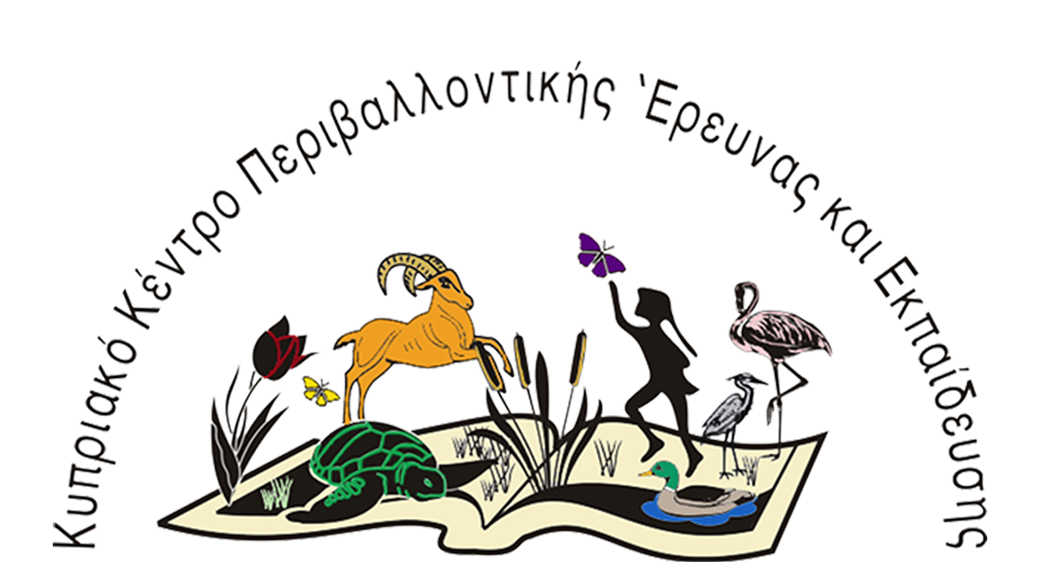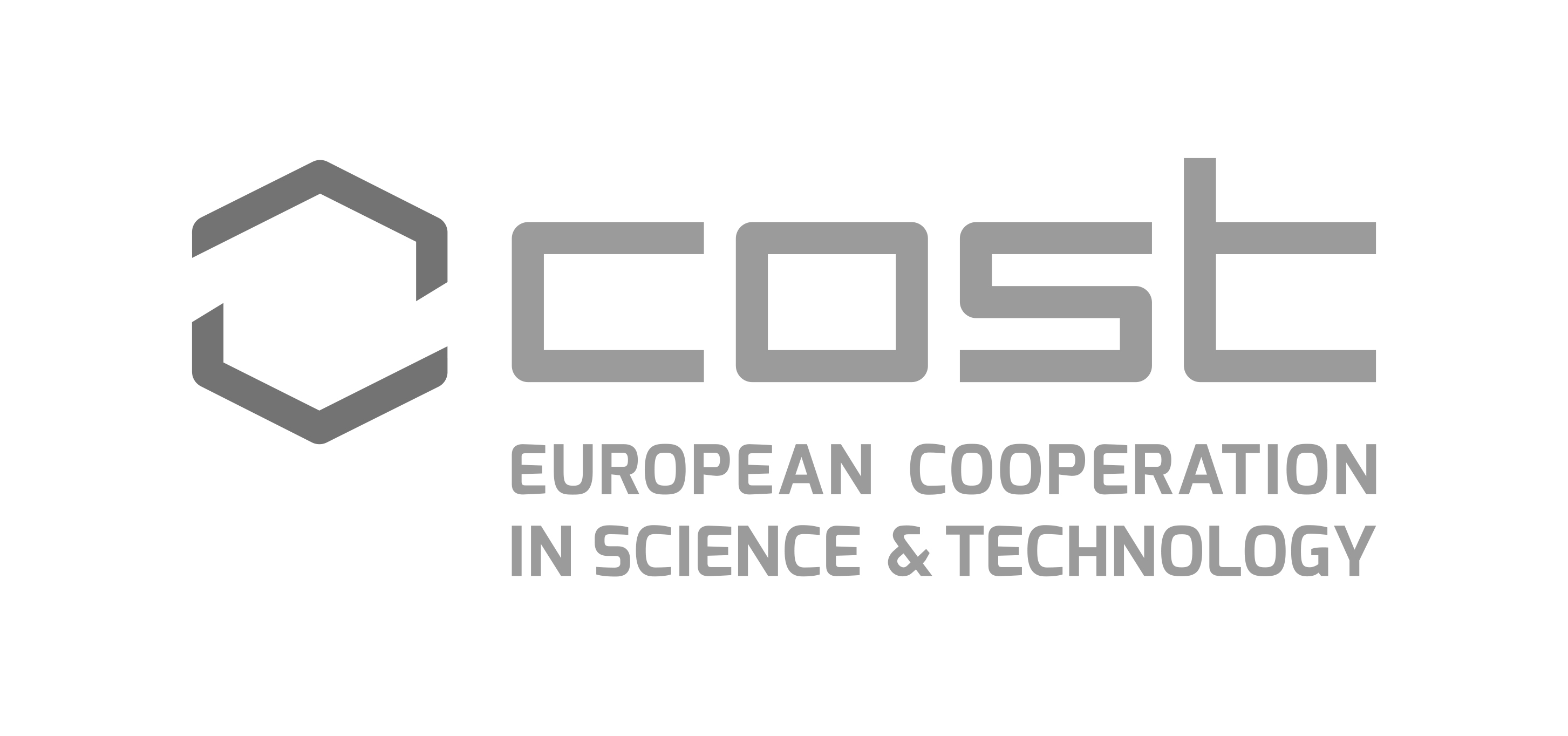
Το Ευρωπαϊκό Δίκτυο για την Περιβαλλοντική Πολιτότητα (ENEC) – Cost Action CA16229 στοχεύει στη βελτίωση της κατανόησης και αξιολόγησης της Περιβαλλοντικής Πολιτότητας στις ευρωπαϊκές κοινωνίες και τις συμμετέχουσες χώρες. Η Περιβαλλοντική Πολιτότητα αποτελεί βασικό παράγοντα της αναπτυξιακής στρατηγικής της Ε.Ε. (Ευρώπη 2020) και του οράματός της για την αειφόρο ανάπτυξη, την πράσινη και κυκλική οικονομία, και την κοινωνία χαμηλών εκπομπών άνθρακα (Χάρτης Πορείας Ε.Ε. 2050). Το ολοκληρωμένο δίκτυο της δράσης αυτής θα μειώσει τα εμπόδια μεταξύ ανθρωπιστικών, οικονομικών, κοινωνικών, πολιτικών και περιβαλλοντικών επιστημών, πολλαπλασιάζοντας τις γνώσεις, την εξειδίκευση, την έρευνα και τις ιδέες διαφόρων φορέων (ερευνητών, μελετητών, εκπαιδευτικών, επαγγελματιών, πολιτικών αξιωματούχων, ΜΚΟ, κ.λπ.), οι οποίοι σχετίζονται με την Περιβαλλοντική Πολιτότητα. Επιπλέον, η δράση αυτή θα επικεντρωθεί σε διαφορετικές διαστάσεις μακρο-και μικρο- επιπέδων της επίσημης και άτυπης εκπαίδευσης, οι οποίες θα μπορούσαν να οδηγήσουν στην Περιβαλλοντική Πολιτότητα. Με την ανάπτυξη εθνικών, ευρωπαϊκών και διεθνών συνεργασιών, το ENEC θα ενισχύσει την επιστημονική γνώση και τη σημαντικότητα της Περιβαλλοντικής Πολιτότητας.
Τα αναμενόμενα παραδοτέα περιλαμβάνουν: α) τη δημιουργία ενός δικτυακού χώρου, β) μιας αποθηκευτικής βάσης δεδομένων επιστημονικών μετρήσεων και τεκμηρίων που στηρίζονται σε παρεμβάσεις, οι οποίες στοχεύουν στην Περιβαλλοντική Πολιτότητα, γ) τη διευκόλυνση επιστημονικής κατάρτισης σχολείων, βραχυπρόθεσμων επιστημονικών αποστολών, συνδιασκέψεων και δ) τη διάδοση συνεργατικών άρθρων, επιστημονικών εκθέσεων, εργασιών, ακαδημαϊκών δημοσιεύσεων, πολιτικών και συστατικών εγγράφων και ενός εκδομένου βιβλίου για την Περιβαλλοντική Πολιτότητα. Η δράση θα κατανοήσει και θα πλαισιώνει την Περιβαλλοντική Πολιτότητα, και θα αναπτύξει νέα ερευνητικά παραδείγματα και μετρήσεις για την αξιολόγηση της. Επίσης, θα επισημανθούν και θα προωθηθούν καλά παραδείγματα και βέλτιστες εκπαιδευτικές πρακτικές που να οδηγήσουν σε φιλο-περιβαλλοντικές δράσεις, συμπεριφορές και αξίες. Θα προταθούν, ακόμη, πολιτικά μέτρα και συστάσεις. Η δράση θα αξιοποιηθεί ως μέσο για την ανασυγκρότηση της γνώσης και της εξειδίκευσης για την Περιβαλλοντική Πολιτότητα.
Περισσότερες πληροφορίες για το πρόγραμμα ENEC μπορείτε να βρείτε στην ιστοσελίδα http://enec-cost.eu/.
Ορισμός Περιβαλλοντικής Πολιτότητας
Ως Περιβαλλοντική Πολιτότητα ορίζεται η υπεύθυνη φιλο-περιβαλλοντική συμπεριφορά των πολιτών που δρουν και συμμετέχουν στην κοινωνία ως παράγοντες αλλαγής στην ιδιωτική και δημόσια σφαίρα, σε τοπική, εθνική και παγκόσμια κλίμακα, με ατομικές και συλλογικές δράσεις, προς την κατεύθυνση της επίλυσης σύγχρονων περιβαλλοντικών προβλημάτων, προλαμβάνοντας νέα περιβαλλοντικά προβλήματα, επιτυγχάνοντας την αειφορία, καθώς επίσης και αναπτύσσοντας μια υγιή σχέση με τη φύση. Η Περιβαλλοντική Πολιτότητα περιλαμβάνει την άσκηση των περιβαλλοντικών δικαιωμάτων και υποχρεώσεων καθώς επίσης και τον προσδιορισμό των δομικών αιτίων της περιβαλλοντικής υποβάθμισης και των περιβαλλοντικών προβλημάτων, την ανάπτυξη της θέλησης και των ικανοτήτων-ιδιοτήτων για κριτική και ενεργή συμμετοχή για την αντιμετώπιση αυτών των δομικών αιτίων, δρώντας ατομικά και συλλογικά, με δημοκρατικά μέσα, και λαμβάνοντας υπόψη την ενδο- και δια- γενεακή δικαιοσύνη (ENEC, 2018).
Defining Environmental Citizenship
“Environmental Citizenship” is defined as the responsible pro-environmental behaviour of citizens who act and participate in society as agents of change in the privateand public sphere, on a local, national and global scale, through individual and collective actions, in the direction of solving contemporary environmental problems, preventing the creation of new environmental problems, achieving sustainability as well as developing a healthy relationship with nature. “Environmental Citizenship” includes the exercise of environmental rights and duties, as well as the identification of the underlying structural causes of environmental degradation and environmental problems, the development of the willingness and the competences for critical and active engagement and civic participation to address those structural causes, acting individually and collectively within democratic means, and taking into account inter- and intra-generational justice (ENEC 2018).
ENEC OBJECTIVES
Research Coordination Objectives
- Initiate collaborations and expand previously established collaborations on Environmental Citizenship across Europe.
- Development of common understanding/definition of Environmental Citizenship by conceptualizing and framing Environmental Citizenship.
- Development of new research paradigms and metrics for assessing Environmental Citizenship.
- Identify research gaps and future research needs, priorities and perspectives in Environmental Citizenship which require European/international coordination and transnational collaborations.
- Propose policy measures and recommendations needed for the promotion of Environmental Citizenship.
Capacity Building Objectives
- Bridging separate fields of science to achieve breakthroughs in Environmental Citizenship that require multi-national and multi-disciplinary research.
- Fostering knowledge exchange on different macro- and micro- level dimensions of formal and non-formal education that could lead to Environmental Citizenship.
- Acting as a stakeholder platform for knowledge exchange and mapping expertise and also developing a depository database of scientific measures and evidence based interventions that target Environmental Citizenship.
- Involving specific target groups such as Early Career Investigators (ECI) and research teams from COST Inclusiveness Target Country (ITC).
IMPACT OF THE ACTION
Benefits of the action
Α) At the scientific level
- Enhance and harmonize research and develop a common terminology and methodological guidelines for Environmental Citizenship related assessment and intervention across different nations and disciplines.
- Boost the volume and quality of research on Environmental Citizenship.
- Develop new platforms for multi- and interdisciplinary collaborative-research programs on Environmental Citizenship.
- Enhance the academic development of emerging and more senior researchers in the field of Environmental Citizenship.
- Develop new research paradigms and metrics for assessing Environmental Citizenship.
- Highlight Good Examples and best educational practices leading to Environmental Citizenship and pro-environmental attitudes, behaviour and values.
- Map expertise and resources of different stakeholders related to Environmental Citizenship.
- Identify research needs, gaps and priorities in Environmental Citizenship.
- Foster environmental protection through active Environmental Citizenship of COST countries citizens, EU and Internationally.
- Develop and disseminate uniform tools for metrics for assessing Environmental Citizenship.
- Facilitate the emergence of a new and innovative scientific and research field such as Environmental Citizenship Education.
- Extent the exchange of information and know-how that will foster increased scientific innovation and increased competitiveness for European companies.
Β) At the societal level
- Encourage capacity building and dissemination of knowledge in non-academic settings.
- Dissemination of new and consolidated information to all stakeholders and the general public.
- Increase public awareness and understanding of Environmental Citizenship and encourage communication and collaboration between academic partners, policy makers, NGOs, educators and society.
- Develop effective Environmental Citizenship programs of NGOs, Business, public and private educational organisations and authorities.
- Enhance civic participation among young people which have shown a sharp decline in key activities.
C) At the public policy level
- Bring the Environmental Citizenship into the spotlight of COST countries, EU and Internationally.
- Foster knowledge sharing and collaborations with decision/policy makers at the local, regional, national, the EU level and internationally.
- Improved Environmental Education.
- Develop policy framework including substantial measures and recommendations for the consolidation of Environmental Citizenship in COST countries.
- Promote the implementations of EU’s growth strategy (Europe 2020) and its obligations for Sustainable Development and Green and Circular economy through effective Environmental Citizenship of the public.
- Improve macro- and micro- level dimensions of formal and non-formal education.
- Promote the Integration of the Education for Environmental Citizenship in European and International Level.
ACTIONS’ DURATION AND PARTICIPANTS
Start and End of Action
The COST Action started on the 27th of October 2017 and shall be implemented for a period of four (4) years.
Number of Participating Countries
32 countries: Austria, Belgium, Bosnia and Herzegovina, Bulgaria, Croatia, Cyprus, Czech Republic, Denmark, France, fYR Macedonia, Germany, Greece, Hungary, Iceland, Israel, Italy, Latvia, Lithuania, Malta, Montenegro, Netherlands, Norway, Poland, Portugal, Romania, Serbia, Slovakia, Spain, Sweden, Switzerland, United Kingdom, United State of America
WORKING GROUPS
The ENEC Action will focus on two different types of education organized into four WGs.
- WG1: Environmental Citizenship through primary formal education
- WG2: Environmental Citizenship through primary non-formal education
- WG3: Environmental Citizenship through secondary formal education
- WG4: Environmental Citizenship through secondary non-formal education
LEADERS
Dr Andreas HADJICHAMBIS, Cyprus Centre for Environmental Research and Education – CYCERE, Cyprus (Action Chair & Grand Holder SR)
Prof. Pedro Rocha dos Reis, University of Lisbon, Portugal (Action Vice-Chair)
Working Group Leaders:
Dr Jan CINCERA, Masaryk University Brno, Czech Republic (Primary Formal)
Dr Jelle BOEVE-DE PAUW, University of Antwerp, Belgium (Primary Non Formal)
Prof. Niklas GERICKE, Karlstad University, Sweden (Secondary Formal)
Dr Demetra HADJICHAMBI, Cyprus Centre for Environmental Research and Education CYCERE, Cyprus (Secondary Non Formal)
Dr Andri CHRISTODOULOU, University of Southampton, UK (Early Carrier Investigator and Gender Equality Coordinator (STSM Coordinator))
Dr Marie-Christine KNIPPELS, Universiteit Utrecht, Netherlands (Disseminator Board Coordinator (Communication Manager))
The Dissemination Board (DB) approved by the MC to be consisted of:
Dr Marie-Christine KNIPPELS, Universiteit Utrecht, Netherlands (Disseminator Board Coordinator)
Dr Andreas HADJICHAMBIS, CYCERE (Website Committee Leader)
Prof.ª Sofia Morgado Portugal (International Conferences Committee Leader)
Dr Andri CHRISTODOULOU, University of Southampton, UK (ECI Events Committee Leader)
Franz VANDAM, Utrecht University, Netherlands (Workshops & Stakeholders Events Committee Leader)
FOR MORE INFORMATION VISIT
ENEC Website: http://enec-cost.eu/
Cost Website: http://www.cost.eu
ENEC in Cost Website: http://www.cost.eu/COST_Actions/ca/CA16229
 Κυπριακό Κέντρο Περιβαλλοντικής Έρευνας & Εκπαίδευσης – Κυκπεε
Κυπριακό Κέντρο Περιβαλλοντικής Έρευνας & Εκπαίδευσης – Κυκπεε








